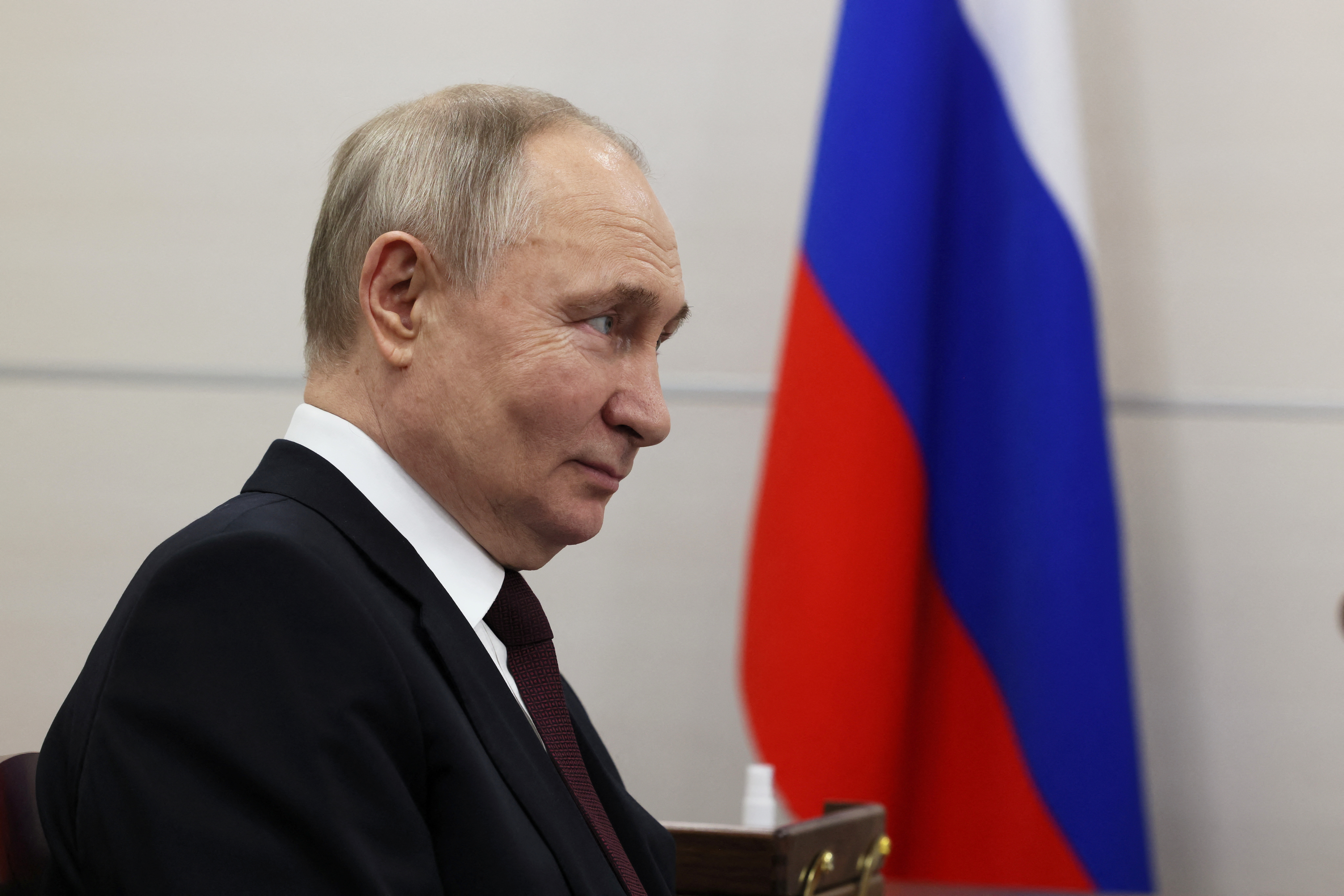
MOSCOW, March 12 (Reuters) – Russia’s elite is expecting President Vladimir Putin to reshuffle government positions to bring in younger people after what it sees as the formality of his resounding election victory this weekend, four sources close to the authorities said.
In control of all state levers and with no serious political competitors, Putin – in power as president or prime minister since the last day of 1999 – is widely expected to win what will be his fifth presidential term and another six years in power.
The four sources, who declined to be named because of the sensitivity of the subject, said they expected younger people to be brought into more senior government positions, including perhaps as deputy ministers and heads of ministerial departments, and for an older generation of government officials to be demoted or retire after the election.
One of the sources said ministerial portfolios were being reviewed too and that the reshuffle was expected to take place in May.
Changes at major state corporations, state energy behemoths and in Russia’s more than 80 regional governorships are also seen as possible, the sources said. The Kremlin says it never comments on planned personnel changes ahead of time.
At a time when Russia is waging war with Ukraine and needs continuity, two of the sources said they did not expect Putin to change his defence and foreign ministers, however.
“You don’t change horses mid-stream,” said the first source, who added that it would be surprising if Defence Minister Sergei Shoigu, 68, and Foreign Minister Sergei Lavrov, who turns 74 later this month, did not keep their posts.
In office since 2020, Mikhail Mishustin, the 58-year-old technocratic prime minister, is also expected to keep his job, they said. So is Central Bank Governor Elvira Nabiullina, three sources said.
Planned changes at the top of major ministries and in security agencies will only take place after the end of what Putin calls his special military operation in Ukraine, the first source said.
The second source also expected a post-election reshuffle that would bring more younger people into play. Putin has not made major changes to the government since 2020.
Changes made to the constitution that same year allowed Putin, 71, to remain in power until 2036 if re-elected on Sunday and again in 2030.
But the tightly-controlled political system he has built and consolidated under his control over more than two decades affords less job security to his subordinates, even those of the same generation, given the need to renew the ranks to prepare for the future.
Apart from Shoigu and Lavrov, some of the older members of the current government include Energy Minister Nikolai Shulginov, 72, Transport Minister Vitaly Savelyev, 70, and Deputy Prime Minister Yuri Trutnev, 68.
In the meantime, a younger generation of officials, some of them the sons and daughters of serving ministers and bureaucrats – nicknamed red princes and princesses by some Russian political analysts – are rising through the ranks.
Agriculture Minister Dmitry Patrushev, 46, for example, is the son of 72-year old Nikolai Patrushev, the secretary of Russia’s Security Council.
Putin’s presidential administration has launched a series of programmes designed to identify and train a new generation of senior leaders, which includes a “reserve list” of 100 candidates.
Ahead of the election, speculation is swirling in particular around Boris Kovalchuk, the 46-year-old son of Putin ally and friend Yuri Kovalchuk, after the Kommersant daily newspaper reported earlier this month that he would be moving on for bigger things from his current post as head of the giant Inter RAO energy company. Inter RAO declined to comment.
Sign up here.
Reporting by Guy Faulconbridge and Andrew Osborn; writing by Andrew Osborn; editing by Mark Heinrich
Our Standards: The Thomson Reuters Trust Principles., opens new tab
As Moscow bureau chief, Guy runs coverage of Russia and the Commonwealth of Independent States. Before Moscow, Guy ran Brexit coverage as London bureau chief (2012-2022). On the night of Brexit, his team delivered one of Reuters historic wins – reporting news of Brexit first to the world and the financial markets. Guy graduated from the London School of Economics and started his career as an intern at Bloomberg. He has spent over 14 years covering the former Soviet Union. He speaks fluent Russian.
As Russia Chief Political Correspondent, and former Moscow bureau chief, Andrew helps lead coverage of the world’s largest country, whose political, economic and social transformation under President Vladimir Putin he has reported on for much of the last two decades, along with its growing confrontation with the West and wars in Georgia and Ukraine. Andrew was part of a Wall Street Journal reporting team short-listed for a Pulitzer Prize for international reporting. He has also reported from Moscow for two British newspapers, The Telegraph and The Independent.
